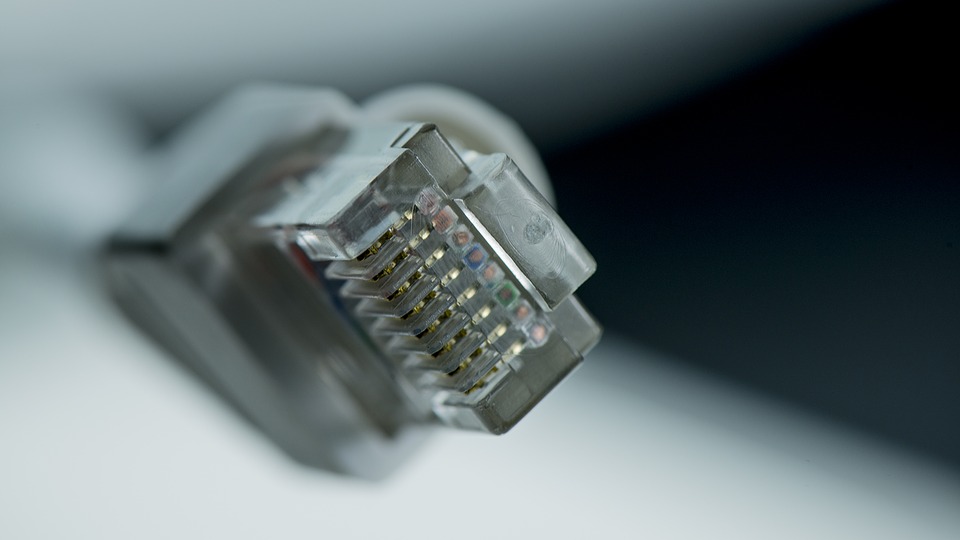A site survey is a preliminary assessment of a facility prior to an installation job. Before cables and other equipment can be put in place, installers need to know what they are working with. Blueprints, diagrams, pictures, floor plans, roof plans, powers plans, HVAC plans, and sprinkler plans are all critical when performing a site survey. Other useful maps and notes include locations of objects that can affect installations such as property lines, trees, roads, water pipes, gas pipes, power lines, etc. These notes will allow an installation plan to be formulated before the installers arrive on the job site, allowing them to be their installation work right away.
For buildings and other locations that are brand new, site surveys are easy to conduct. When older facilities are being evaluated, there are additional factors that must be taken into consideration. Namely, existing infrastructure must be evaluated and planned around. Exactly what needs to be done will depend on what kind of services are going to be installed (voice/data lines, video lines, power cables, etc.). If there are existing pathways already used by existing infrastructure, it can make the installation job easier. However, it can also make new installs harder if existing holes, conduit, and other openings are crammed full with no space for new cables or other equipment to be installed.
What Areas Does a Site Survey Check?
The first thing a site survey will check is the Minimum Point of Entry (MPOE). This is the part of the building where cables from outside come into the building. These cables are typically used for utilities, such as telephone/Internet or power cables, that are connected to a larger infrastructure owned by a telecom company, power company, or some similar industry. If the cables being installed are not connected to any kind of outside utility, the MPOE will be wherever the related equipment is located. For example, if a TV is being installed with new cables being run through the walls, the room where the television is located would be considered the MPOE since that is where the new cables are entering the walls.
The exact areas that need to be examined will depend on what kind of install job is being performed. If a projector is being installed in a meeting room, just the meeting room and its walls ceiling will need to be checked. An existing room will likely have existing infrastructure that something like a projector installation could build off. But if it does not, then other areas will need to be inspected in order to tap power lines to install a wall outlet and other such work. This is just one example; the exact work that needs to be done will change on a case-by-case basis. Almost no two buildings are the same so each installation job will be at least a little different from the last.
Preparing for a Site Survey
While a professional will come out to perform a site survey, there is a bit of prep work that the user can take care of before they arrive. First of all, the site evaluator will need a way onto the site. This can be as simple as having someone know they are coming to let the surveyor onto the property. If this is not possible, instructions should be left so that a surveyor has a way to get themselves in for the inspection. Basic information about the site should also be communicated to the surveyor. This includes simple details such as the location of the MPOE or where any existing equipment, such as a telco closet, involved with the new installation is located.
After the site survey has been performed, the gathered data can be used to compile an installation plan. This plan includes everything from how the work will be performed to the materials needed in order to make sure that the job runs smoothly. Different options may be available depending on the type of work being done and budgetary limits of the installation, so there may be multiple options for certain parts of the plan. Whatever the case, a site survey is the best start to any installation project.





